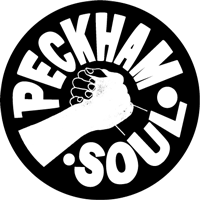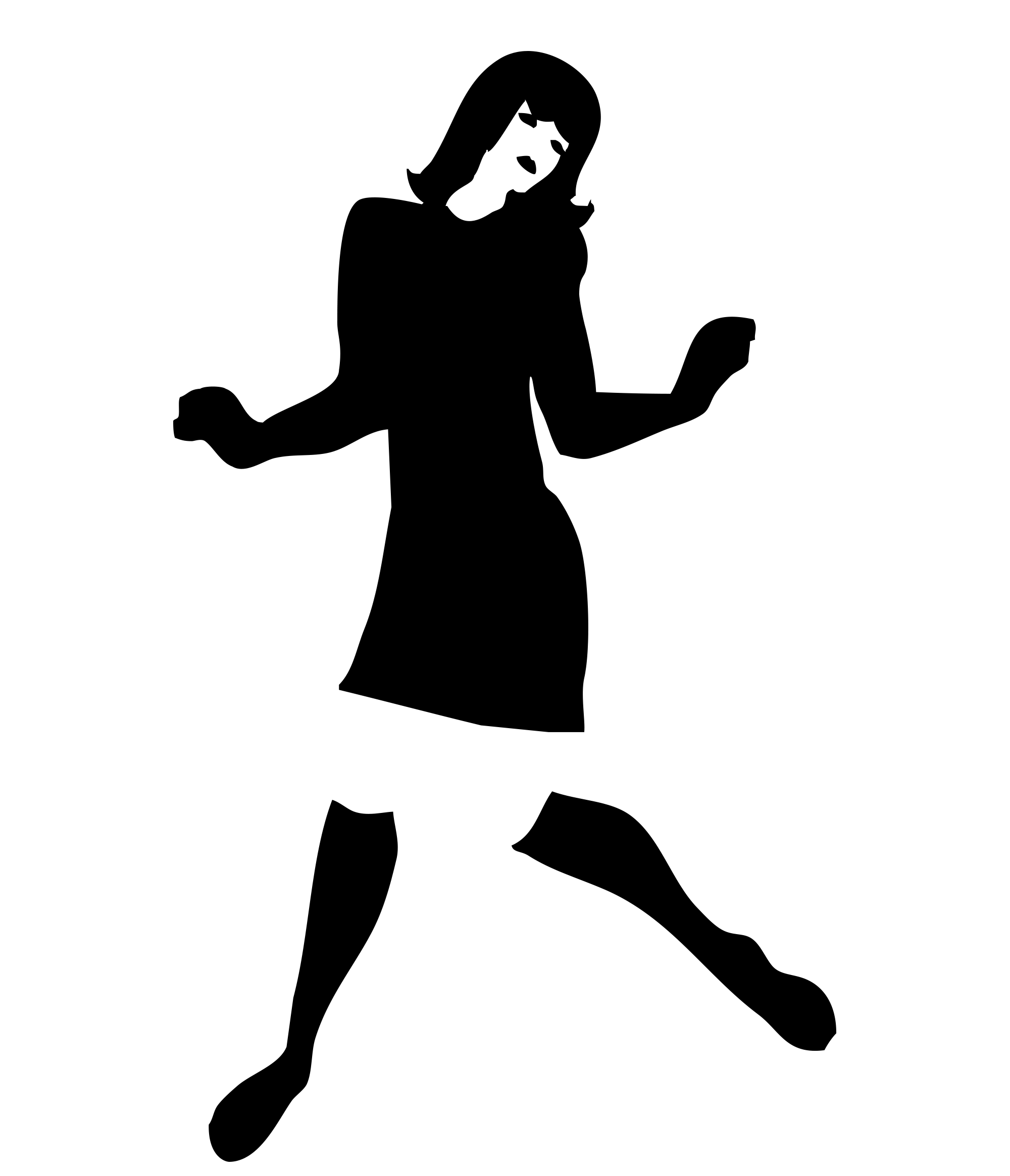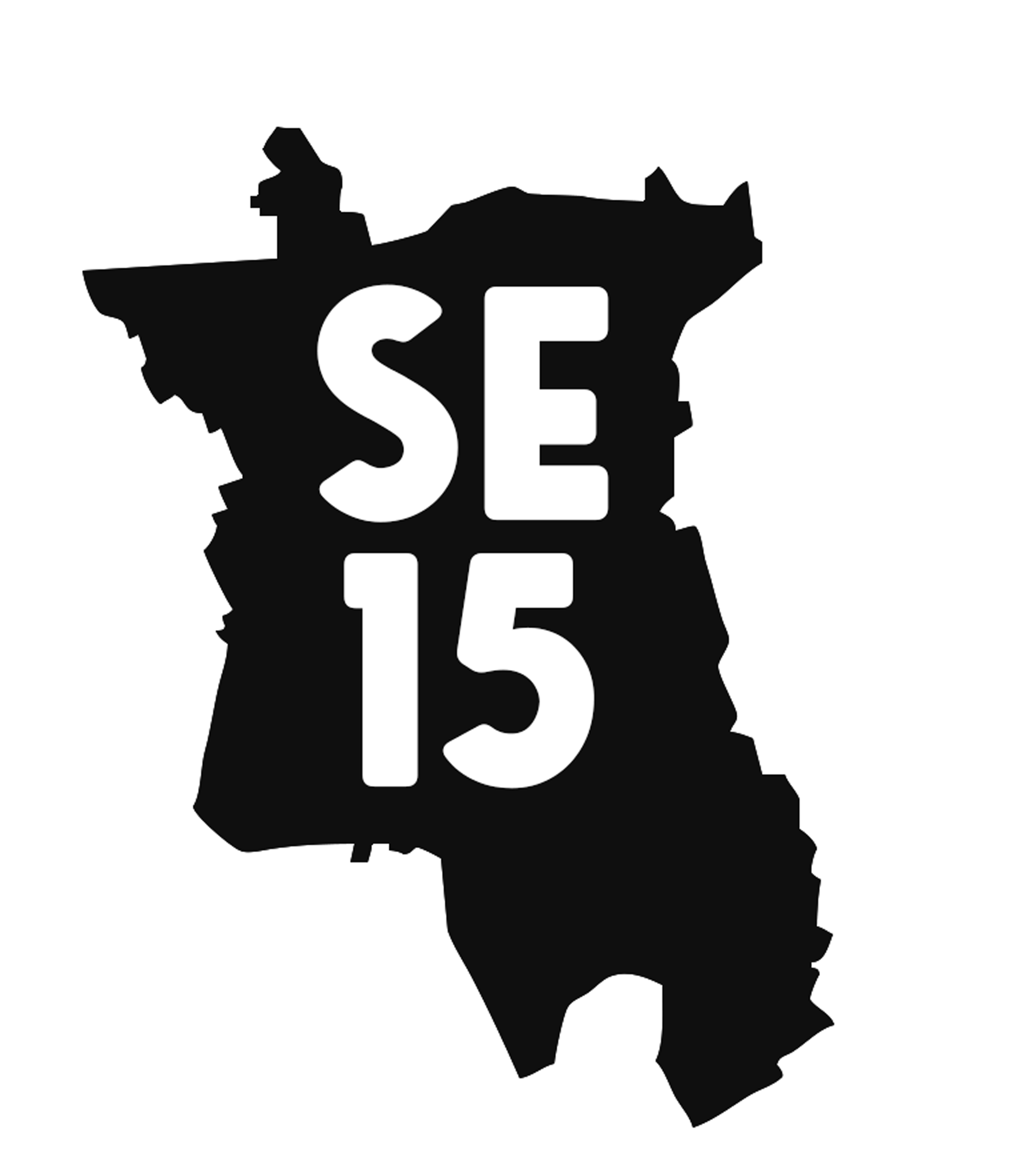‘Soul Man’ Peckham Peculiar Interview

Soul man
Peckham Soul founder Craig Jamieson is celebrating the area’s diversity by mapping its rich musical history. With Bob Marley, Desmond Dekker, Ronnie Scott and The Stranglers all featuring, it’s a fascinating project.
Much has been made in recent years of the burgeoning music scene in Peckham. With artists and bands of all genres being signed to major labels, record stores cropping up, groundbreaking radio stations and club nights, it seems you can’t move for articles, tweets and blog posts enthusing about the area’s enviable cultural landscape.
But this is nothing new. Peckham has long been a hive of musical activity, as well as cultural diversity, and Peckham Soul (aka Craig Jamieson) is on a mission to document and celebrate this.
Until recently, Craig was studying and working in history and research in his native Scotland. While living there he started a club night – the Modern Lovers Club – which soon went from an excuse to spin classic records to a fully fledged event.
There were guest spots from people like Franz Ferdinand and The Pastels, and Craig travelled to London and Brighton to do sets, even playing European dates in cities like Stockholm, Oslo, Copenhagen and Gothenburg.
When he moved to Peckham in 2014 after his partner got a job in London, it wasn’t long before he gravitated back to the decks, landing a resident spot at the CLF Art Café’s South London Soul Train in the northern soul room.
After designing a banner for the room – two interlocking black and white hands, which he felt reflected the atmosphere of Soul Train as well as sticking two fingers up at what he calls the “shrill voices bleating about ‘British values’” around the time of the 2015 general election – it was evident that others shared his sentiment.
“The amount of people taking photos of the banner… it was just endless,” he recalls. He then got some T-shirts printed featuring what has now become the “Peckham Soul” design. They sold out immediately.
Peckham Soul was founded as Craig realised he could combine his passion for music with his love of Peckham and the diverse communities living there. “It was the idea of sort of, defending multiculturalism, which I feel has become even more of a battle stance now,” he says.
“And not just because of Peckham. In Scotland there’s this idea of a monoculture – tartan and shortbread and all that rubbish – but that’s not the Scotland I experienced, growing up on a council estate.
“The Scotland I grew up with was Postcard Records [a Glasgow-based indie label, famous for signing Orange Juice] and films like Gregory’s Girl. It seems to me that any culture is only interesting, vibrant and engaging when people are arguing about what it is. And for that you have to have different voices, not a bland monoculture.”
One of the ways Craig has set about defending the diversity of Peckham and south-east London is by recording and documenting its musical history.
After painstakingly trawling through the archives he has created a series of “sound maps”: taking a particular area and mapping its music venues, both past and present, along with the artists who have played there.
The Peckham map is as wide-ranging as you’d expect. Jazz greats like Ronnie Scott and Jamaican saxophonist Joe Harriott are listed at the former Walmer Castle pub on Peckham Road – “In the 1960s and 70s, the best jazzers in Britain would play the Friday and Saturday West End gigs, then come down and do a Sunday session at the Walmer Castle,” says Craig – while Desmond Dekker, Bob Marley and The Wailers and The Ronettes played at the Bouncing Ball/Mr B’s on Peckham High Street.
Afrika Bambaataa – one of the godfathers of hip hop – post-punk legends Gang of Four, pub rockers Dr Feelgood, Lee “Scratch” Perry, Joe Strummer and The Stranglers all make an appearance, as do more contemporary acts like Caribou, Anna Calvi, Django Django and the Peckham-born Rhythm Section.
For Craig, recording, acknowledging and above all celebrating this diverse musical landscape is really important.
“What appeared to me through doing this project, as a concept of multiculturalism, was that through music you could rescue histories,” he says.
“Rather than one historical voice you can find different cultures and identities. And more importantly, you can establish a historical reality, a legitimacy around the fact that diversity is what creates a vibrant area.”
Craig’s currently investigating bands that allegedly played at an old cooperative hall across the road from the White Horse pub on Peckham Rye, but he’s hit a bit of a brick wall with the archives.
“I’ve heard people say anecdotally that bands like the Stones played there, and old beat bands,” he says. “But nothing is verified.” He’s planning a trip to the archives in Manchester to find out more.
And it’s not just music that he has discovered – exploring venues has revealed Peckham’s links with wider, often political issues too. The Peckham Dolehouse for example, a famous squat in the derelict Department for Health and Social Security building on Collyer Place, was a “hotbed of anarchic activity”, says Craig. “Apparently it’s where the first anti-Poll Tax riots came from.”
The building, which was squatted between 1989-90, also has an interesting musical history. In his blog post A Short History of Music in South London, John Heathcote recalled: “Downstairs, in the signing on office where the booths still lined the far wall, there would be a selection of DJs playing everything from ambient dub to banging techno. Upstairs would be the live area, followed at about 3 or 4am by dance floor DJs.
“The venue acted as a catalyst for the many diverse elements of urban and travelling culture under threat from the Tory laws on everything from squatting to free assembly.”
According to south-east London blogzine Transpontine, bands who played there included The Levellers, Radical Dance Faction, Back to the Planet, Suicidal Supermarket Trolleys, 7 Kevins, Ruff Ruff & Ready and Bulbous Skunk Cabbages to name just a few.
Not surprisingly, the Dolehouse is one of many local venues that features on Craig’s sound map of Peckham and Camberwell. He’s also completed a map for New Cross, Deptford and Greenwich and there are other parts of south London in the pipeline. The maps are available on the Peckham Soul website, along with accompanying patches.
He’s also planning a listening project to further develop his research and documentation, which will involve field recordings of people describing their memories of local music venues.
Craig’s celebration of diversity and music manifests itself in events too. Peckham Soul holds blues parties at The Sun of Camberwell, John the Unicorn in Peckham and the Job Centre in Deptford, paying tribute to the influence of Caribbean culture on the soundscape of south London.
Started by West Indians in the 1950s, blues parties were a way for the Caribbean diaspora to listen to music from their homeland that they couldn’t hear in mainstream clubs. They were also guaranteed entry at a time when many of London’s venues still operated a racist, exclusively white entry policy.
He’s also about to launch the Togetherness parties – soul nights that will take place at Beckenham Place Mansion, a sprawling Georgian property in Beckenham Place Park.
True to form he has a stellar line-up of guest DJs planned (think Belle and Sebastian and Cornershop) who will be spinning Motown, rhythm and blues, disco, northern soul and more. The launch party takes place on April 29.
“I’m incredibly excited about it,” he says. “The venue’s amazing – you look out of the windows and just see rolling fields.”
Craig has also opened a record store inside the Cinnamon Tree Bakery, a mate’s café on Peckham High Street. He deals in collectible, classic and cult vinyl – from Neil Young to post-punk – and will be holding a party there to celebrate Record Store Day on April 22.
There will be DJs spinning retro sounds and the bakery will serve up a special batch of limited edition “beat biscuits” – tasty bakes featuring classic album covers.
There’s also the element that started Peckham Soul: Craig’s printed T-shirts and patches. As well as the interlocking hands image that you’ve probably seen around Peckham, he’s created a brand new design – the Peckham Poundland.
It will be available as a limited edition T-shirt and patch that is stocked in Rye Lane’s Poundland, and is intended as a comment on gentrification in the area. If you love Peckham’s soul, why not wear your heart on your sleeve?
If you have memories of any music venues (past and present) in Peckham and Camberwell, and would like to share them with Craig for the listening project, get in touch via peckhamsoul. co.uk. Pictured left: Craig at Cinnamon Tree Bakery. Above: the Peckham Soul T-shirt.
Words by Emma Finamore
This featured appeared in The Peckham Peculiar, April/May 2017.









